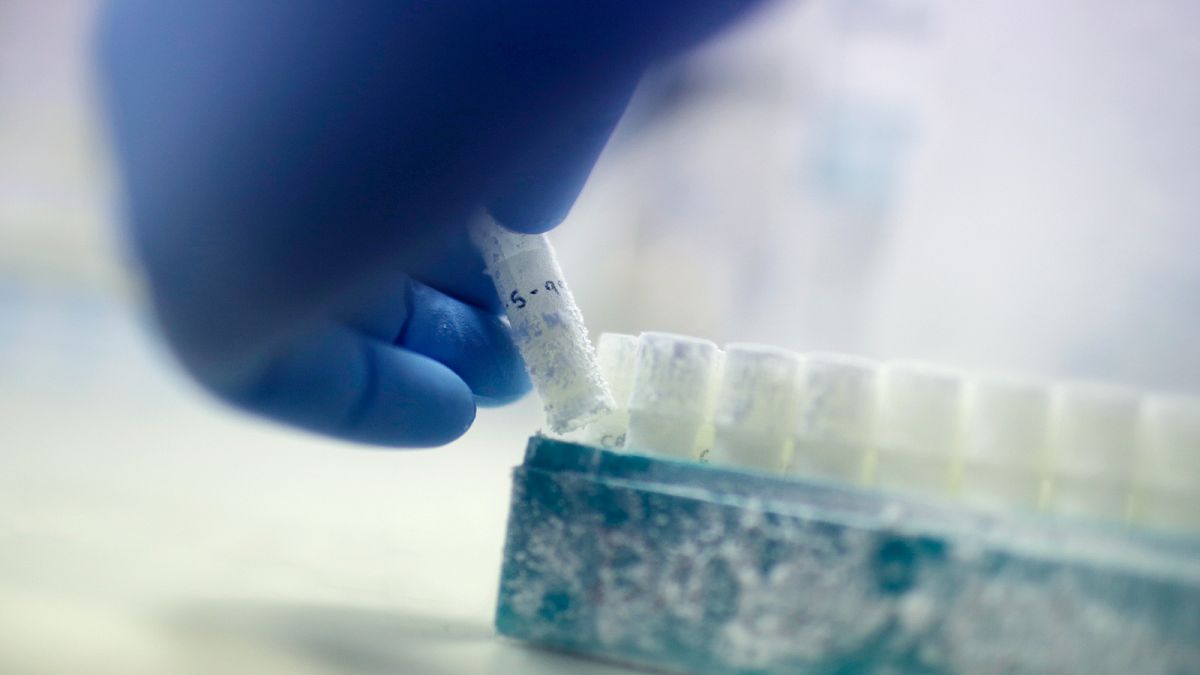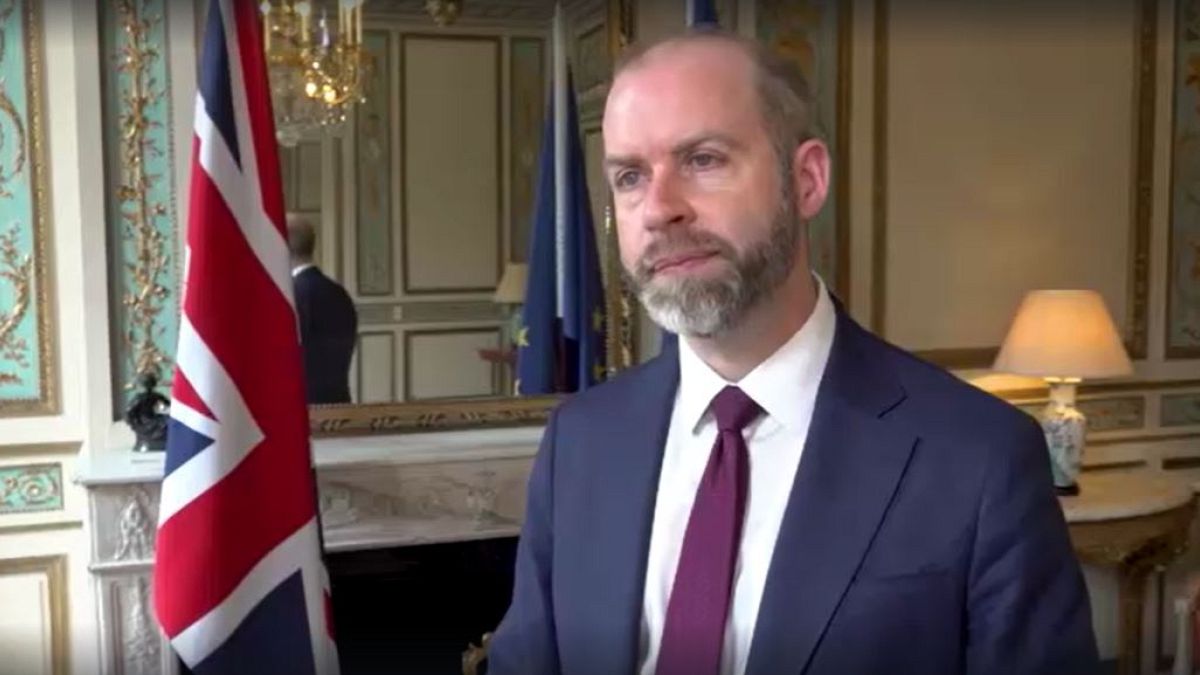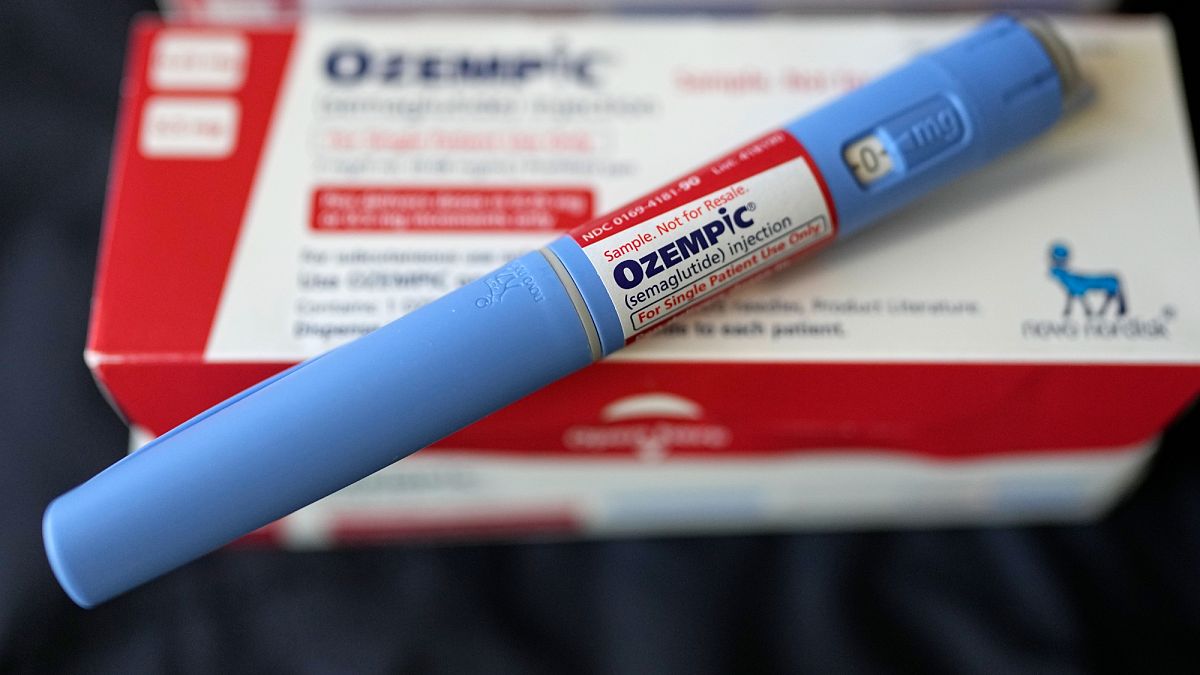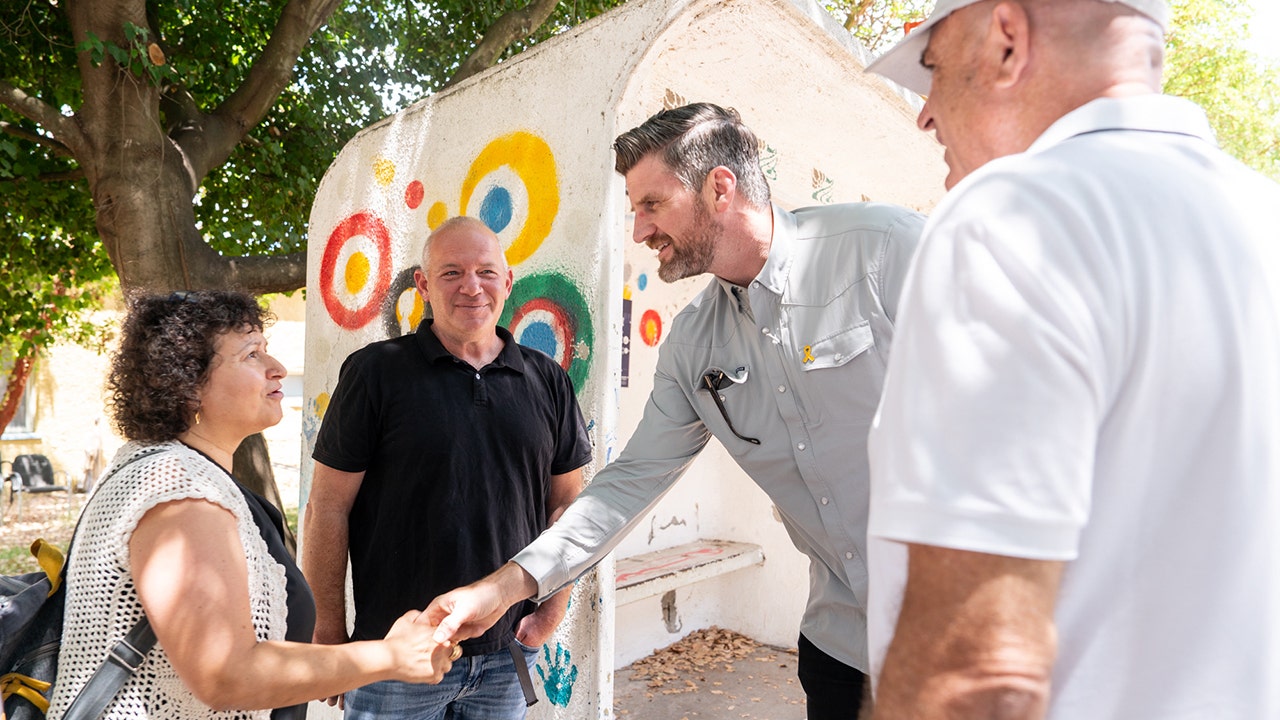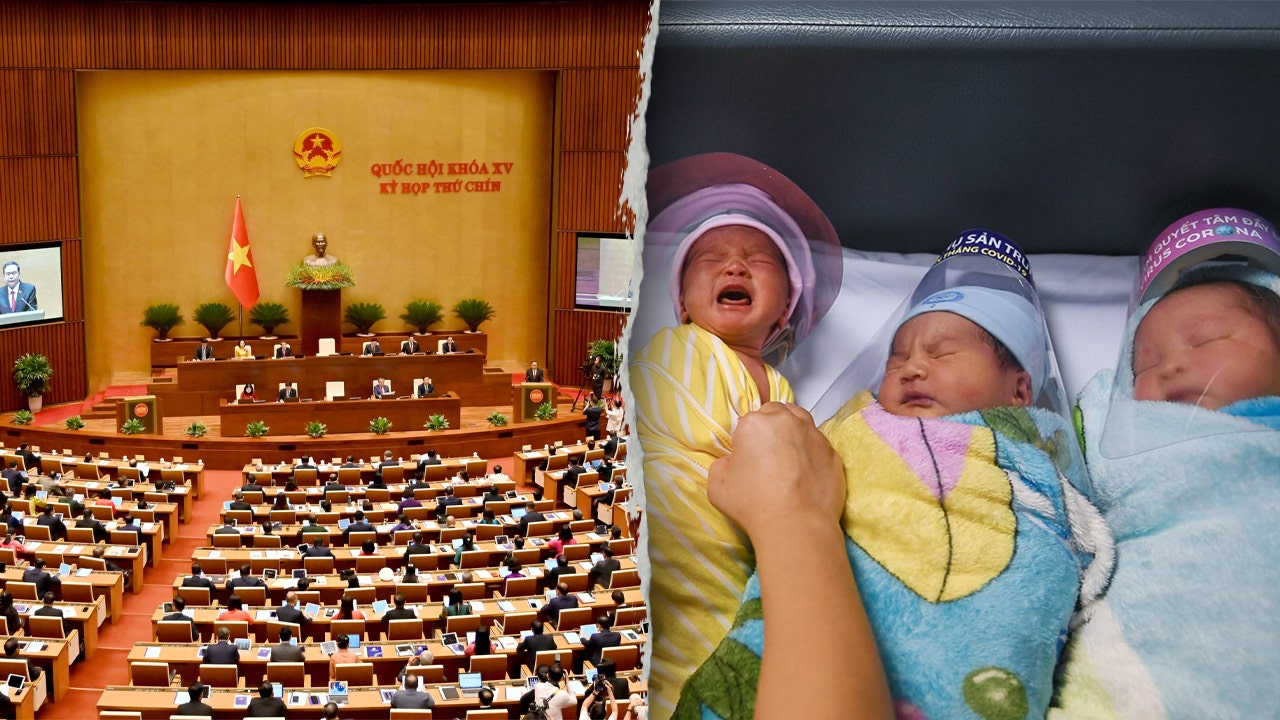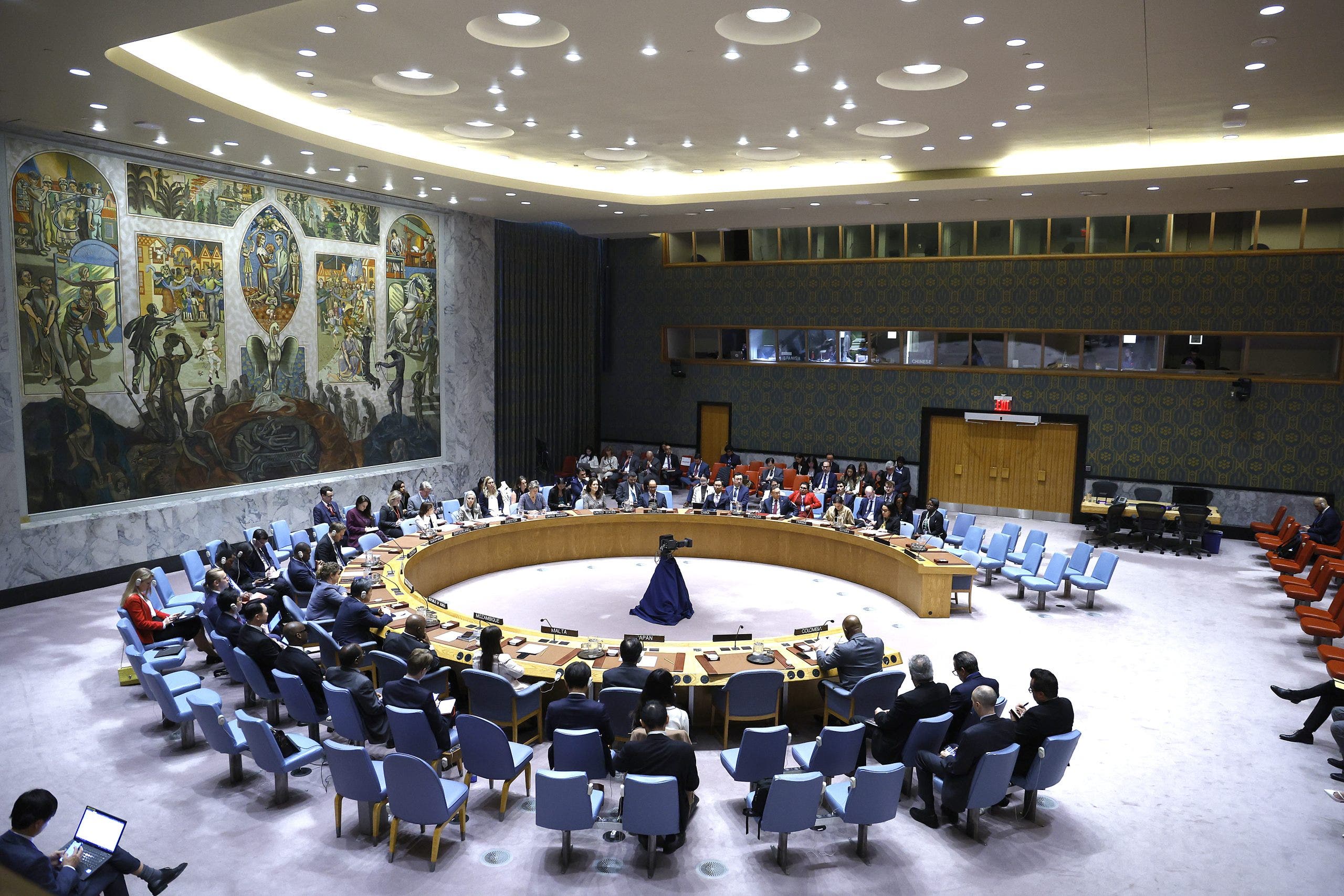Belgium has found itself in the midst of a scandal after it was revealed that a Danish sperm donor with a pathogenic gene mutation conceived 52 children with 37 different Belgian women between 2007 and 2018.
The gene mutation, known as TP53, confers a significantly increased risk of cancer.
Belgium has the so-called “six-women rule”, setting the legal limit of six families per donor. However, this was rarely implemented in practice because donations are made anonymously.
As a result, fertility centres were unaware if they had each used the same donor multiple times.
The Belgian government has decided to change the existing law and get rid of the provision of anonymity — including the intention of doing so in its coalition agreement.
“It is all hands on deck now to work on the texts for this purpose, and with this latest news, it has become all the more important to realise this ,” Billy Buyse, a spokesperson for Health Minister Frank Vandenbroucke, told Euronews.
“So this will definitely be pushed through under this government,” Buyse emphasised.
Resistance from industry
MP for the right-wing N-VA party Frieda Gijbels tabled a bill on removing anonymity a few months ago. However, local media reported that there is opposition from the industry.
This has a lot to do with the six-women rule and how well this has been implemented. In the last three years alone, 22 violations of the rule have been identified.
N-VA president Valerie Van Peel, who led the dossier in the previous two legislatures, cited pressure from some fertility doctors not to take steps.
“There are of course doctors who have committed violations themselves,” Gijbels said. “They don’t like the lids going off the jars.”
The proposal to lift anonymity has also sparked concerns that donors may be deterred.
However, Gijbels said examples from abroad prove otherwise. She pointed to France, which in 2022 decided that donors of sperm, eggs and embryos will have their identities put on the record.
“In France, they have lifted anonymity and the number of donors has even increased,’ Gijbels said.
Withheld information
Vandenbroucke’s cabinet was only informed about the extent of the scandal involving the Danish donor at the end of May.
However, the Federal Agency for Medicines and Health Products (FAGG), responsible for quality controls and donation irregularities, was made aware much earlier.
In November 2023, the agency received a European rapid alert about the Danish sperm donor and the fact he had a pathogenic gene mutation linked to an increased risk of cancer.
Some affected mothers were notified by the fertility centres in the months that followed. This was then confirmed to the FAGG.
“We were baffled that the FAGG did not notify us immediately. First, they did not let us know that a medical risk had arisen, but we were also unaware of the large number of victims,” Vandenbroucke told domestic media.
Earlier this week, it came to light that 67 children across Europe were allegedly conceived with this sperm, in 46 families, and that 52 children in Belgium were affected. So far, at least 10 children have been diagnosed with cancer. Meanwhile, 23 were diagnosed with the gene mutation, making them more vulnerable to developing a wide range of cancers.
An audit of the FAGG will be carried out with a specific focus on internal quality processes, enforcement and inspection, as well as communication with externals. The first results are expected after the summer.
Vandenbroucke also asked the FAGG to check with the families concerned whether their child had undergone genetic screening in the meantime, as it had not followed up with families since first informing them of the issue with the donor.
Finally, Vandenbroucke has also called for an improved system at the European level, “because different quotas apply in all countries and nobody knows how often foreign donor sperm is really used.”
Read the full article here







